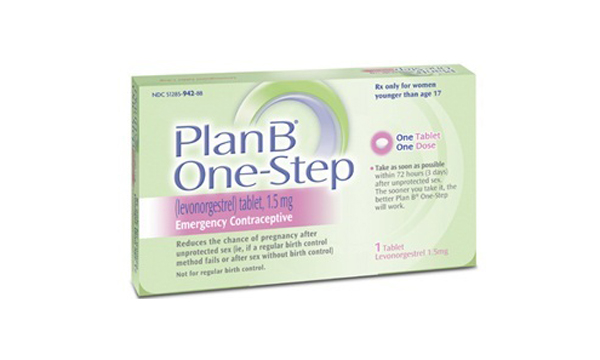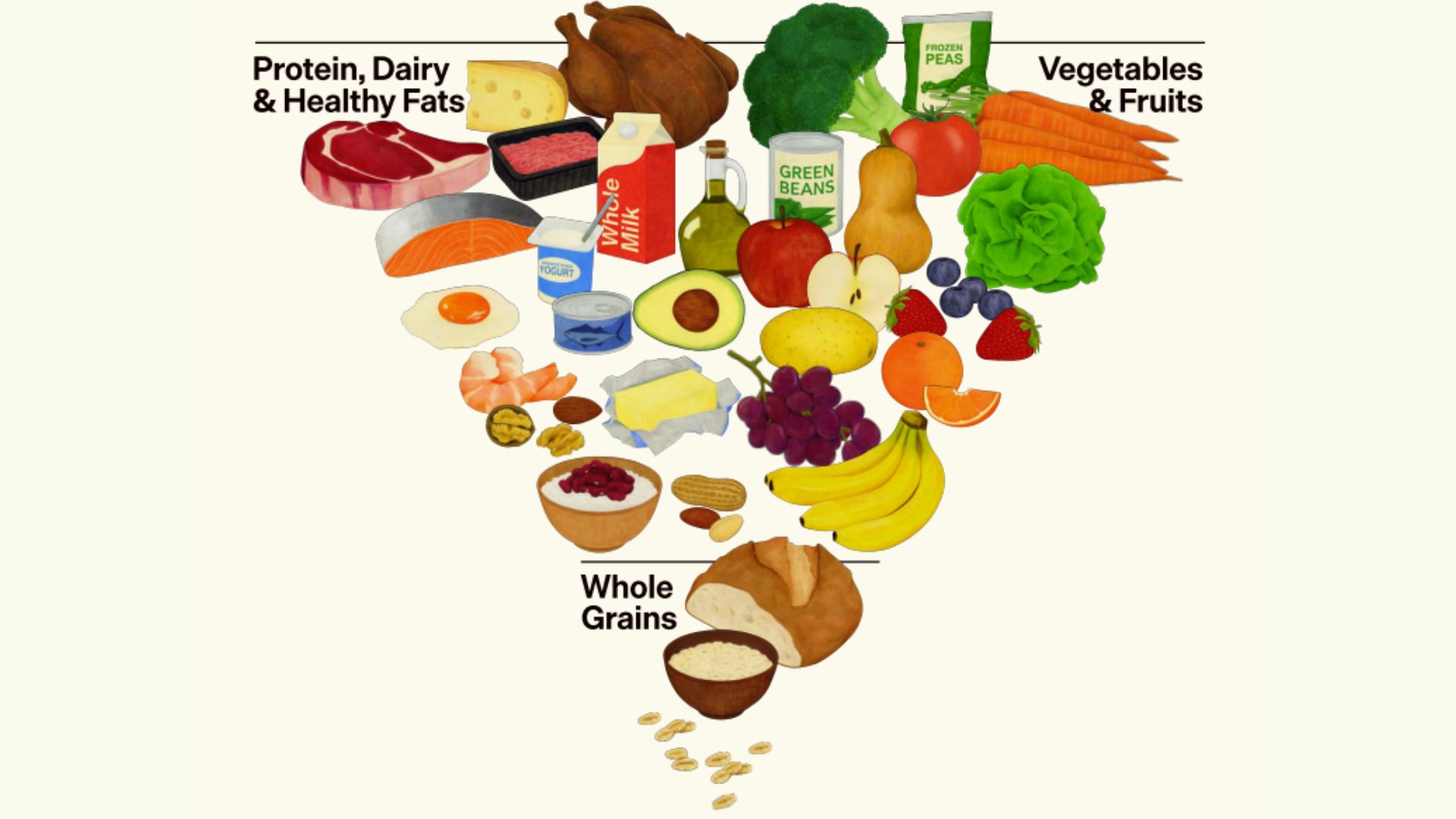
Morning-After Pill Fight Update: Feds Will Comply with Ruling

The tide has turned again in the latest fight over the morning-after pill — the stage is now set for the medicine, which can prevent pregnancy after unprotected sex, to become available to teens without a prescription.
The Obama administration said on Monday night it would stop battling to keep in place the current requirement that girls under age 17 get a doctor's prescription for the medication, the New York Times reported.
The Food and Drug Administration was ordered in April, by judge Edward R. Korman of the Federal District Court, to make the morning after pill available to teens under 17 without a prescription, but the ruling didn't take effect because U.S. Justice Department announced soon after it would appeal the decision.
Today (June 10), the Justice Department said in a letter to the judge that it would instead comply with his ruling, and allow the FDA to make the drug available to teens without a prescription, the Times reported.
The pill, sold under the brand name Plan B One Step, works to prevent pregnancy by preventing ovulation, blocking fertilization and preventing a fertilized egg from implanting into the uterine wall, according to the FDA. It does not end an existing pregnancy.
The FDA has said since 2011 that data show that the drug is safe and effective for teens to take to prevent pregnancy, and that even young teens would understand how to use the drug without having to consult a doctor.
Doctors' organizations, such as the American Academy of Pediatrics and the American Congress of Obstetricians and Gynecology have previously spoken out in support of making Plan B available to teens without a prescription.
Get the world’s most fascinating discoveries delivered straight to your inbox.



